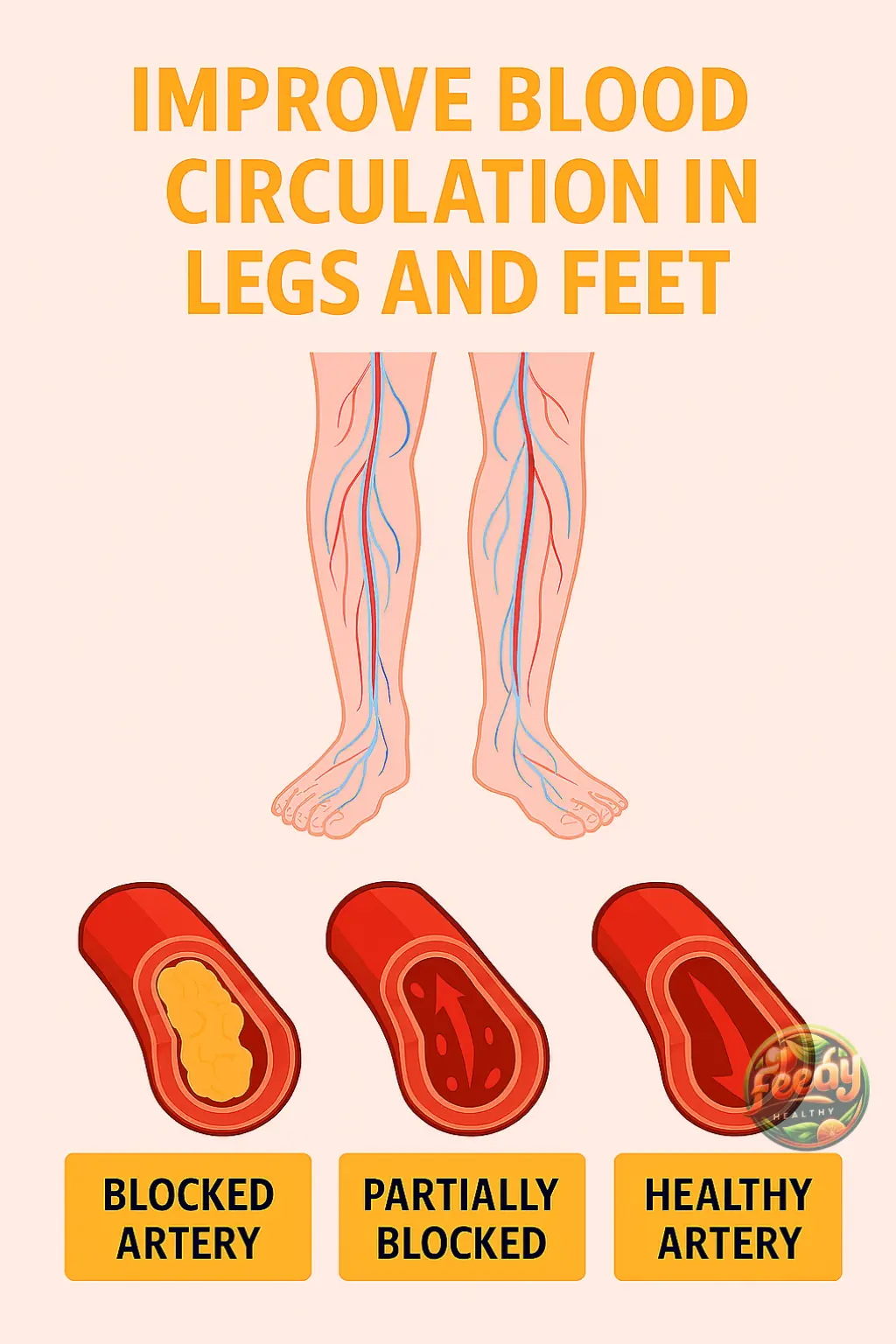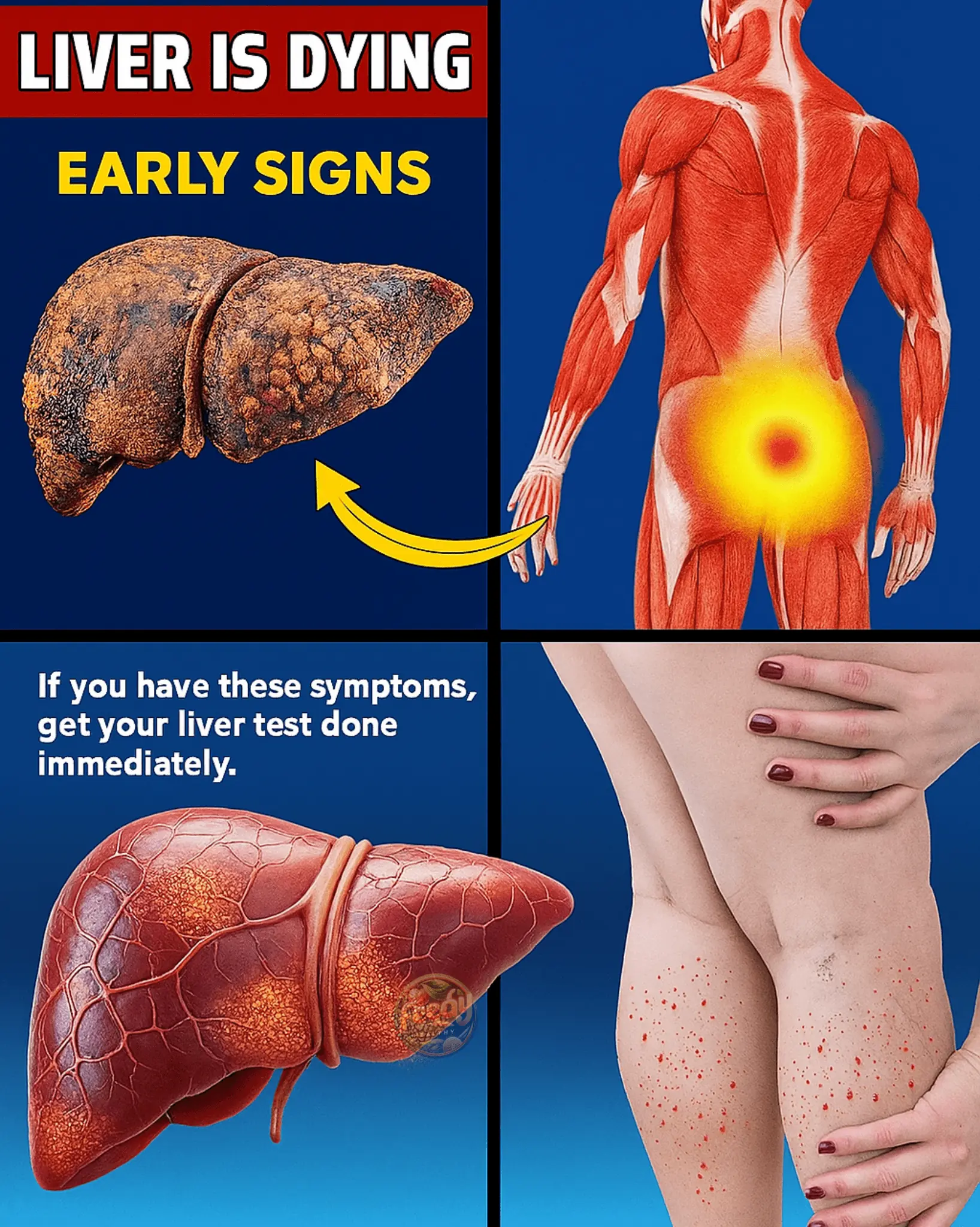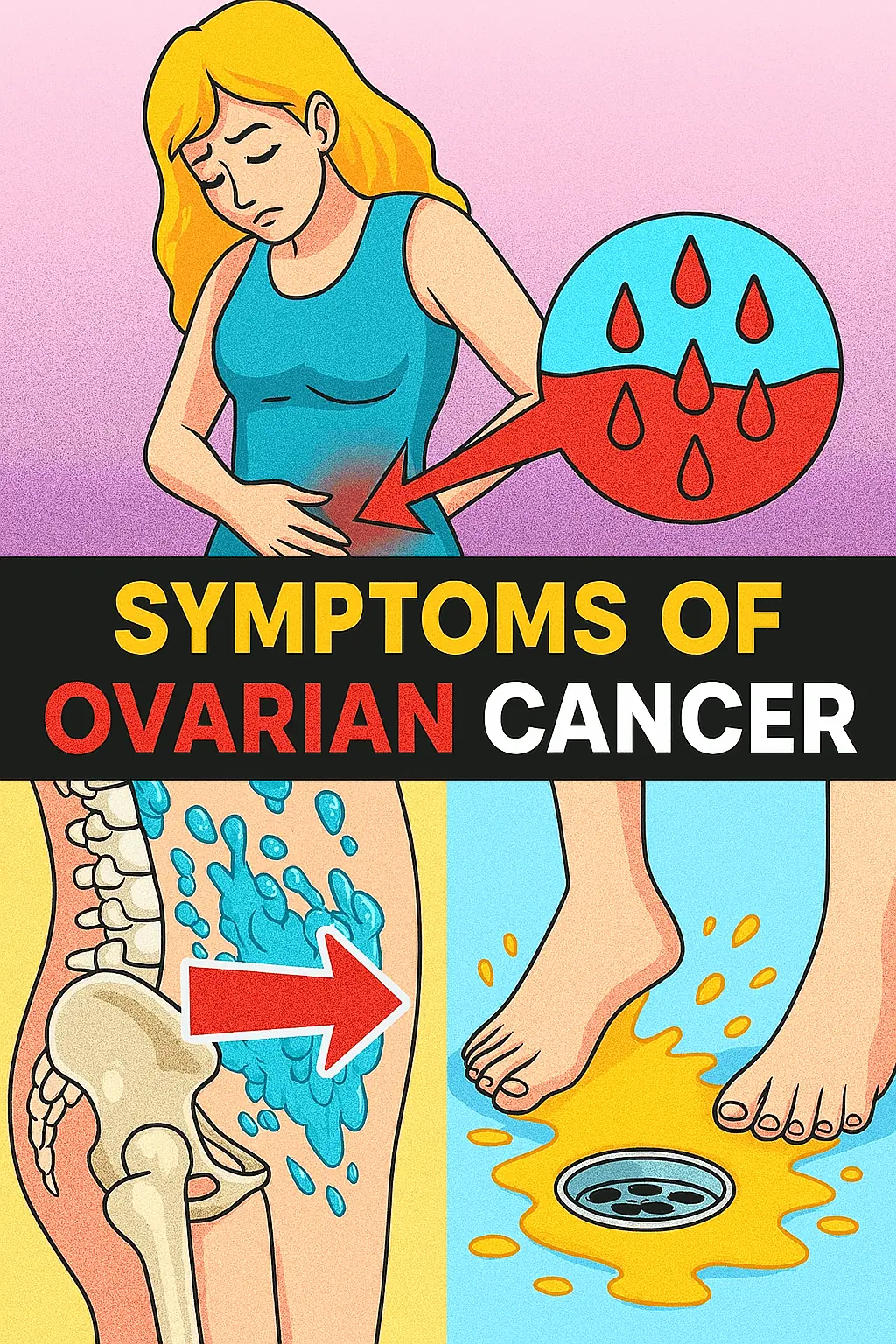
5 Early Signs of Cervical Cancer Most Women Ignore (But Shouldn’t)

Cervical cancer is one of the most common types of cancer in women, especially in developing countries like Vietnam. According to GLOBOCAN 2022, Vietnam reports over 4,600 new cases each year, with around 2,600 deaths. The important thing to note is: if detected early, cervical cancer is highly treatable—helping women maintain their health, fertility, and quality of life.
However, many women overlook early warning signs or avoid gynecological checkups. Below are five of the earliest and most overlooked signs. Listen to your body—don’t ignore them!
1. Abnormal Vaginal Bleeding
Bleeding outside of your menstrual cycle or after sexual intercourse is a major warning sign. Even if the bleeding is light, painless, or brief, it’s still abnormal and needs immediate medical attention.
This is especially important for postmenopausal women. Any bleeding after menopause is considered serious and could indicate early malignant changes.
This symptom occurs because cancerous cells can damage small blood vessels in the cervix, causing bleeding either spontaneously or during physical contact like intercourse.
2. Unusual Vaginal Discharge
Another key warning sign is changes in vaginal discharge. If the discharge becomes yellow, green, brown, blood-tinged, or develops a foul odor, you should seek medical advice immediately.
A cervical tumor can cause tissue damage or infection, resulting in abnormal discharge. It may appear watery or thick and sticky—either way, it’s a red flag.
3. Pain or Bleeding During Intercourse
If sex is consistently painful or results in bleeding, don’t dismiss it. While there can be many gynecological causes, cervical cancer must be ruled out first.
As tumors grow on the cervix’s surface, friction during intercourse can easily lead to bleeding, inflammation, or lasting pain—clear signs of existing tissue damage that need urgent evaluation.
4. Pelvic, Lower Abdominal, or Lower Back Pain
Persistent dull pain in the lower abdomen, pelvis, or lower back—unrelated to your menstrual cycle—may be another warning sign. As tumors enlarge, they can press on surrounding tissues, nerves, or lymph nodes, causing continuous pain.
If this pain persists and occurs alongside the symptoms listed above, consult a gynecologist without delay. Early intervention is crucial.
5. Urinary Changes and Leg Swelling
As tumors grow, they can compress the bladder and urethra, causing symptoms like burning urination, frequent urges, difficulty urinating, or even loss of bladder control. In severe cases, blood may appear in urine.
Unilateral leg swelling (swelling in one leg) is another potential sign that cancer has spread to pelvic lymph nodes. This is usually an indication of advanced disease and requires urgent treatment.
Why Early Detection Matters
Detecting and treating cervical cancer early greatly improves survival and treatment outcomes:
-
5-year survival rates can reach 91–95% if diagnosed early.
-
Lower treatment costs and simpler procedures with fewer psychological and physical effects.
-
Fertility can be preserved, avoiding hysterectomy if managed in time.
By contrast, late-stage diagnosis drops survival rates to 20–30%, with more complicated, expensive treatment and greater risks to reproductive health.
What to Do If You Notice These Signs
1. Get a Gynecological Exam Immediately
Do not delay. If your body shows abnormal signs, the first step is to visit a specialized healthcare provider.
2. Undergo Routine Screenings
Regular Pap smears and HPV testing are the most effective ways to detect cervical cancer early. Women aged 21–65 should get screened every three years. For women over 30, combining Pap smear with HPV testing improves accuracy.
3. Get the HPV Vaccine
HPV vaccination helps prevent up to 90% of cervical cancer cases. Ideally, it should be given before the first sexual activity, but adults can still receive it based on medical guidance.
Final Thoughts
Cervical cancer is preventable and curable if detected early. Don’t ignore signs like unusual bleeding, abnormal discharge, pain during sex, pelvic pain, or urinary issues.
Ladies—be proactive in caring for your reproductive health. Go for regular screenings and never hesitate to see a doctor when something feels off. Taking care of yourself today protects your future and the well-being of your loved ones.
News in the same category


10 Unusual Signs of Str0ke in Women

Activate Your Circulation Instantly: The Natural Secret Your Legs Will Thank You For

How I Detected Thyroid Cancer Early at Home With Just a Glass of Water

How Your Body Communicates That Something’s Wrong

10 Subtle Signs Your Kidneys Might Be in Trouble

Doctor’s Warning: Early-Stage Lung Cancer Doesn’t Always Come with a Cough – Watch Out for These 4 Unusual Symptoms

People at Risk of Cancer Often Show 3 Signs on the Neck – Early Checkups Could Save Your Life

8 Subtle Warning Signs of a Heart Attack You Shouldn’t Ignore

7 Early Signs of Stomach Cancer Everyone Should Know to Prevent Metastasis

6-Year-Old Boy Suffers Stroke Right After Waking Up – Doctors Emphasize 4 Warning Signs Parents Must Recognize to Save Their Child

If You Have Colon Polyps, These 4 Symptoms During Bowel Movements Could Be a Warning – See a Doctor Before It's Too Late

68-Year-Old Man Dies from Kidney Failure — Doctor Warns: Stop Eating These 3 Types of Breakfast

Is Your Liver in Danger? 12 Early Signs of Liver Cirrhosis You Shouldn’t Ignore

Emergency Warning Issued: “Do Not Eat” Dubai-Style Chocolate Bar Recalled

Health Benefits of Drinking Bay Leaf Tea on an Empty Stomach

Cancer May Be Painless at First, But These 8 Toilet-Related Signs Mean You Should See a Doctor Early – Don’t Ignore Them

The Hidden Connection Between Ovarian and Breast Cancer
News Post

How to Naturally Clear Phlegm and Mucus from Chest and Throat

The Miracle Drink That Transformed My Grandfather’s Health at 73

✨ Marshmallow Fluff Fudge ✨

Eliminate Bloating and Cleanse Fatty Liver with This Natural Drink

🎂 Crystal Tiara Cake – Recipe Fit for Royalty 👑

Take Care of Your Liver: Essential Foods to Prevent Fatty Liver

Plantain (Llantén): A Natural Treasure for Joint Pain Relief

✨ Pecan Pie Brownie Bombs ✨

✨ Strawberry Crunch Cheesecake Cones ✨

Discover the Incredible Health Benefits of Chayote: Say Goodbye to Pills

Discover the Benefits of Boiling Garlic in Milk: A Surprising Natural Remedy

🎈💕 Floral Hot Air Balloon Cake 💕🎈

🌸📖 Garden Books Cake 📖🌸

🗼🌸 Parisian Chic Cake 🌸🗼

10 Unusual Signs of Str0ke in Women

Activate Your Circulation Instantly: The Natural Secret Your Legs Will Thank You For

How I Detected Thyroid Cancer Early at Home With Just a Glass of Water

How Your Body Communicates That Something’s Wrong
